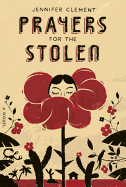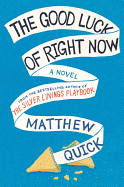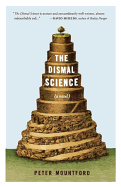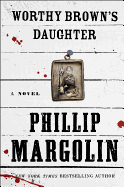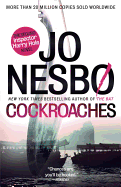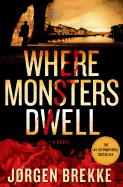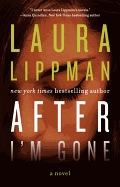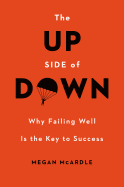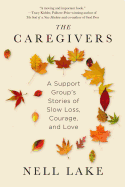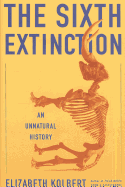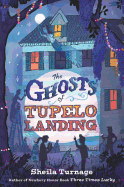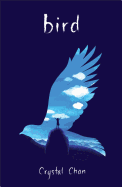 |
| photo: Sarah Samudre |
Peter Mountford's first novel, A Young Man's Guide to Late Capitalism, won the Washington State Book Award and was selected by NPR.org for its Books We Like series. It was featured in the New York Times Magazine, Interview and the Wall Street Journal. His essays and fiction have appeared in the Atlantic, Best New American Voices 2008, Salon and Granta. He's currently a writer-in-residence at the Richard Hugo House and at Seattle Arts and Lectures. His latest novel is The Dismal Science, reviewed below.
Your new novel, The Dismal Science, is anything but dismal. Why this title?
Yeah, it's not a dismal book, it's sort of a black comedy, maybe, but I like the term, this idea of a kind of cruel ordering of life through economics--the transformation of human desires into mathematics. The cover is an image of purgatorio, and there's a crazed arbitrary logic there, too--Dante's dismal science.
The more humdrum story of the title is that I'm totally overwhelmed by titles--they freak me out and I eventually come up with something terrible. Then I call [author] David Shields, who is amazing with titles, and I ask what I should do. He presents me with several possible titles, all excellent, and I pick my favorite. That's basically my process.
It's very much a complex novel of character, focusing on one person, Vincenzo D'Orsi, a vice-president at the World Bank. Why this man, a foreigner? Why this place?
My father is a foreigner--he's Scottish--and he was an executive at the IMF, the World Bank's twin. Also, like Vincenzo, my father became a widower while in middle age. So the book is born of a very personal place, which made the story burn for me in an important way.
Also, as to why write about the World Bank, people often think of economics as this very dry thing, but anyone who's ever seen a country in the grips of hyperinflation, anyone who's ever seen an actual run on a bank--mobs of people trying to break down the door of a bank to withdraw their savings--knows that this isn't boring. Finance isn't an abstract and impersonal thing, it's blood and trauma and death. The history of our era is the history of the global economy, in a way.
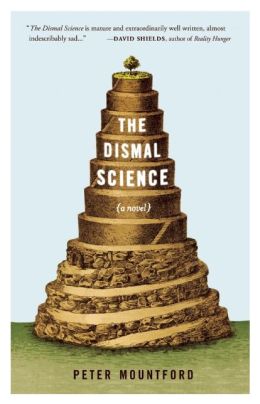 The novel explores the concepts of action/inaction and the results or the consequences of such. You quote a young woman from a video Vincenzo watches: "Just a couple more turns to the left, or a couple to the right, and I would have a different life right now." Is this a novel about choices--the road untaken--about fate?
The novel explores the concepts of action/inaction and the results or the consequences of such. You quote a young woman from a video Vincenzo watches: "Just a couple more turns to the left, or a couple to the right, and I would have a different life right now." Is this a novel about choices--the road untaken--about fate?
I'm fascinated by how people are constantly in a state of not knowing the outcome of what they're trying to do. We're all striving, but we don't know what awaits us if we succeed. We try to formulate strategies: I will study at this college, buy this house, marry this person, etc. Great, but you're flying blind, really. Not completely blind, of course. We do have agency, but it's limited. We're steering through dense fog, and we must trust our intuition, or our logic, or our faith, or maybe nothing.
Do you see Vincenzo as a courageous character?
Is being honest a form of courage? He's quite honest, for better or worse.
Underpinning your careful examination of this character, there is context, background. Vincenzo is enveloped in a capitalistic, economics-driven world. There is wealth. There is money. He is privileged.
Yeah, he's an economist, and he's well-off in the way that upper-middle class Americans who retire often are. And yet he's having to make decisions that will impact thousands of people in very poor countries. The decisions he must make are political, and they're moral, and they're about what's the "best" policy, but how do you measure "best?" You don't know the outcome until it's too late--it's like what I was talking about before, with people's personal decisions. In the case of his job, the effects of his decisions are far-reaching, ricocheting through all these lives, through history itself. And yet he's this innocuous bureaucrat on the Metro in the morning.
Your epigraph is from T.S. Eliot's "Gerontion": history "guides us by vanities." Is economics/money our new religion?
Religion is still our religion, I think, but money has snuck into our dreams, into our hearts. It rules the day, more than ever. Educated middle-class people abhor greed and stinginess, they want to be post-money, like Vincenzo is. They act the part, but finally we're all impaled on this thing, it's relentless, it's the condition of our era, and it's called capitalism.
Your book has a number of cultural references carefully placed throughout that result in finely drawn digressions: Dante, Kundera, Machiavelli. Why?
Vincenzo is bookish, so he looks to literature to understand his life. At university, he studied classical Italian literature, hence Dante and Machiavelli. They're also an interesting pair, bookending the Renaissance: one obsessed with God, one obsessed with the state, but really they were both just gossips, slaves to the social hierarchies of their eras.
I love how you use the chess motif in the novel.
The book is very concerned with the role of strategy in our lives. Is it possible to "win" in life? What would that even look like? Vincenzo--an avid chess player--has at last developed the wisdom to know that the game of life is a ruse, that for all of our best scheming, we're almost never able to engineer attractive outcomes for ourselves. Still, in his interactions with his daughter, with his friend Walter, with the shady CIA operative Ben, with everyone, he's always playing verbal chess. He can't help himself. But because the game is a ruse, he often seems deeply nihilistic. Not just in life, but in chess--he used to be a cautious chess player, but he's become impulsive, he's surrendering to the chaos of life.
Which writers do you admire and read that have influenced your fiction?
I've been influenced by thousands of writers. All day every day, I'm influenced. I watch that movie Thor and I'm influenced, I read a review of Kanye West's new record and I'm influenced. But the writers I keep coming back to are Vladimir Nabokov, Deborah Eisenberg, Milan Kundera, Lorrie Moore, J.M. Coetzee and maybe another 20 or so writers. I'm currently under the spell of Bob Shacochis's enormous new novel The Woman Who Sold Her Soul, and this mind-bogglingly funny blog by Samantha Irby called bitches gotta eat.
So what's next for you--the completion of a sort of economics trilogy? Or will there be a new road taken?
I'm working on a novel set in Sri Lanka in 2009 at the peak of their civil war. It's quite a funny book, so far, as unattractive as that might sound. The protagonist is a journalist. Money is an issue, but it's not the issue.
There's talk of me writing a memoir, too, something about my love-hate relationship with money--or is it just unrequited love? --Tom Lavoie, former publisher
Peter Mountford: Strategy and the Chaos of Life
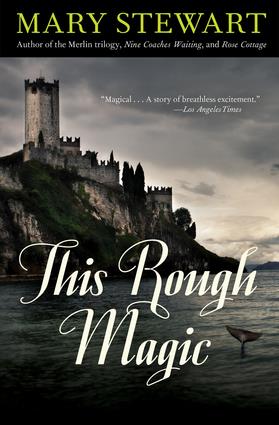 In Nine Coaches Waiting, at dusk in a French village, Stewart sets a romantic mood with a hint of shadow: "The leaves of an ilex cut the half-light like knives. A willow streamed in the wind like a woman’s hair. The road lifted itself ahead, mackerel silver under its bending poplars. The blue hour, the lovely hour...." The Isle of Skye, in Wildfire at Midnight, is a vision of rain-washed mountains, where rivers brawl and bellow and birches move lightly in the wind, "censing the bright air with raindrops." Crete is the setting for The Moon-Spinners, where the air is full of lemon blossom, the sea moves "lazily, silky and dark," and the waning moon is pale "like silver that is polished so thin it has begun to wear away."
In Nine Coaches Waiting, at dusk in a French village, Stewart sets a romantic mood with a hint of shadow: "The leaves of an ilex cut the half-light like knives. A willow streamed in the wind like a woman’s hair. The road lifted itself ahead, mackerel silver under its bending poplars. The blue hour, the lovely hour...." The Isle of Skye, in Wildfire at Midnight, is a vision of rain-washed mountains, where rivers brawl and bellow and birches move lightly in the wind, "censing the bright air with raindrops." Crete is the setting for The Moon-Spinners, where the air is full of lemon blossom, the sea moves "lazily, silky and dark," and the waning moon is pale "like silver that is polished so thin it has begun to wear away."



 The novel explores the concepts of action/inaction and the results or the consequences of such. You quote a young woman from a video Vincenzo watches: "Just a couple more turns to the left, or a couple to the right, and I would have a different life right now." Is this a novel about choices--the road untaken--about fate?
The novel explores the concepts of action/inaction and the results or the consequences of such. You quote a young woman from a video Vincenzo watches: "Just a couple more turns to the left, or a couple to the right, and I would have a different life right now." Is this a novel about choices--the road untaken--about fate? 